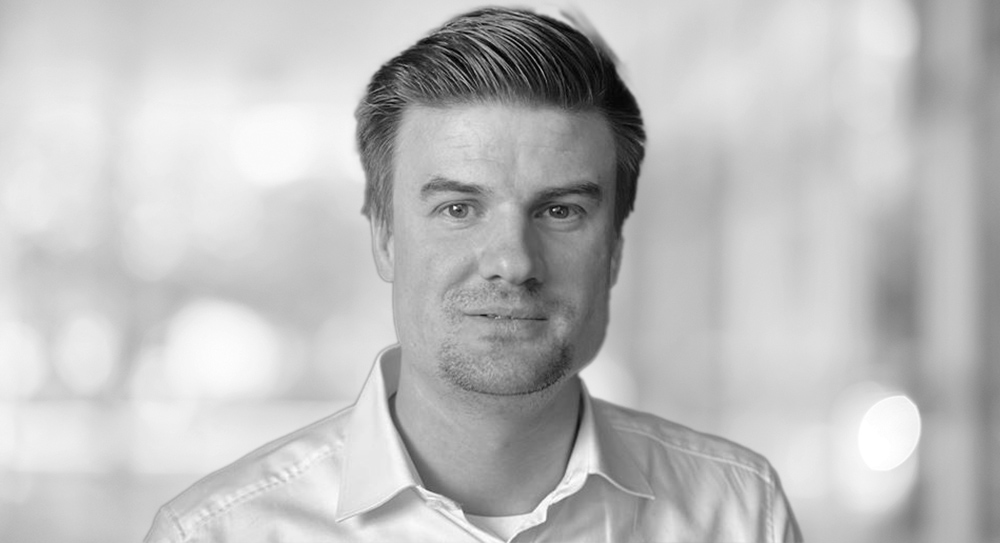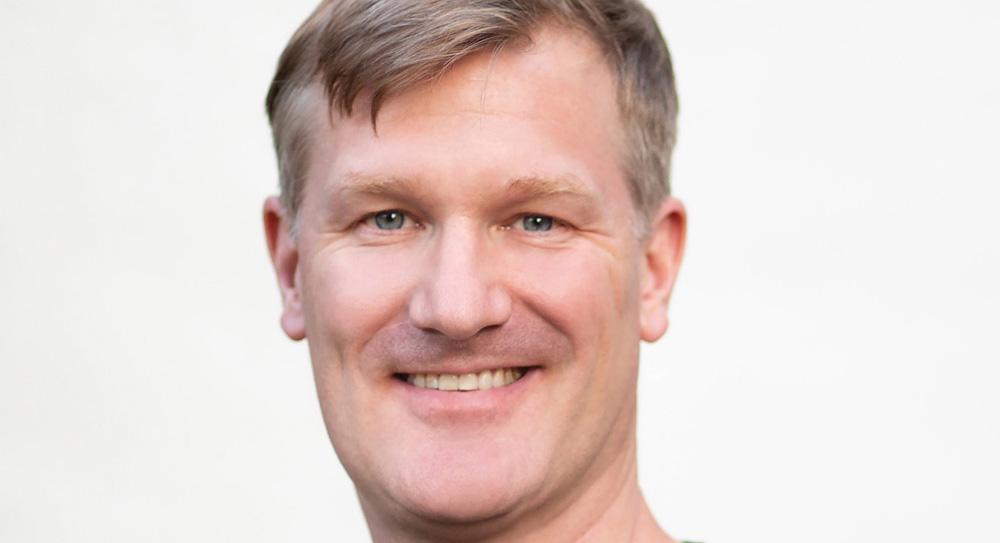Column: A song of ice and fire
SOFOS Associates’ Natalia Ramsden continues her series, which explores various techniques and treatments for enhancing cognitive performance - this time looking at hot and cold therapies
The body likes balance...
Categories: The ExpertHuman CapitalHR / talent managementWellbeing






